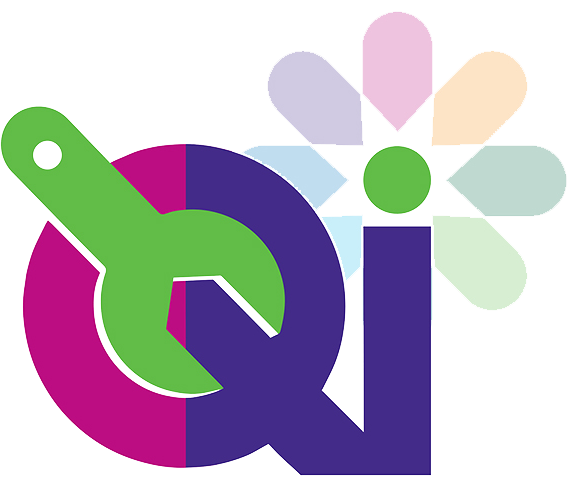A project that aimed to improve staff morale within the health visiting service at Kent Community Health NHS Foundation Trust (KCHFT) started with asking colleagues what was important to them.
Listening events were held with representatives from all 12 districts, to give 450 plus colleagues a chance to have their say. A quality action team (QAT) was set up for the service, with both quality improvement (QI) and organisational development (OD) methodologies used to make things better.
Thirty one colleagues volunteered to be part of the group, to represent the areas, bring ideas forward and to feedback to the teams they worked in.
The QAT’s purpose was to drive forward improvement and for this to be owned by the service. The project aim was to achieve a measured increase in staff morale and engagement.
It began as the trust became aware that some colleagues within the service were not as happy as they could be and was revealed through feedback, including from NHS staff survey, executive and management visits to teams, service away days and exit interviews.
Priority areas identified were:
- recruitment and retention
- roles and responsibilities and workload
- health and wellbeing
- leadership and communication.
Some colleagues also said they felt stressed, overworked, undervalued, unhappy and frustrated.
The QAT identified issues and looked at possible solutions, working closely with all colleagues in the service. Working together, the project resulted in reduced turnover and vacancies, improved staff survey results, including more people feeling they were involved in decision-making, and improved staff feedback in terms of morale.
QATs have since been set up in other services across the trust, due to their effectiveness.
Emma Darvill, Human Resources and Organisational Development Business Partner, said: “The collaborative QI and organisational development approach contributed to the success of this project. Listening to what colleagues had to say was vital, with them taking ownership of the changes made.”
The team identified four main drivers, to help them reach their aim:
- successful recruitment and retention of suitably qualified staff
- making sure workloads were manageable and that roles and responsibilities were clear
- proactively promoting the health and wellbeing of staff
- effective leadership and communications within the service.
To measure improvement, the project involved running a baseline survey, so improvement and progress could be tracked. This was completed by 107 colleagues, who were mainly health visitors.
While most (72 per cent) said job roles were clear, 70 per cent strongly disagreed or disagreed their workload was acceptable. Fifty four per cent either strongly disagreed or disagreed that they were happy with their work-life balance and only 40 per cent either strongly disagreed or disagreed they were kept well informed about what was happening in the service.
Emma said: “The first QAT meeting was held in July 2018 and attended by 25 colleagues. The results of the baseline survey were shared and colleagues agreed it was an accurate reflection of how people were feeling in the service.
“The ethos of the group was that everyone’s voice was heard and if you attended a meeting you would contribute towards developments and share feedback with your team.”
The QAT met every six weeks, with all job roles represented. Issues discussed included devolving leadership responsibilities, flexible working and annual leave frameworks, caseload management, diary allocations and new birth visits. The project began in May 2018 and ran for about a year, although the changes made have remained.
As a result of the project, lessons learned included:
- it takes time to build an environment of trust and to make changes
- communicating discussions was vital to success
- one size does not fit all – local decision making is key
QI tools used during the project included a driver diagram, which the QAT worked on and which focussed on key areas of improvement after staff feedback had been put into themes. Also used during the project were process mapping, plan, do, study, act (PDSA) cycles and benchmarking data.

